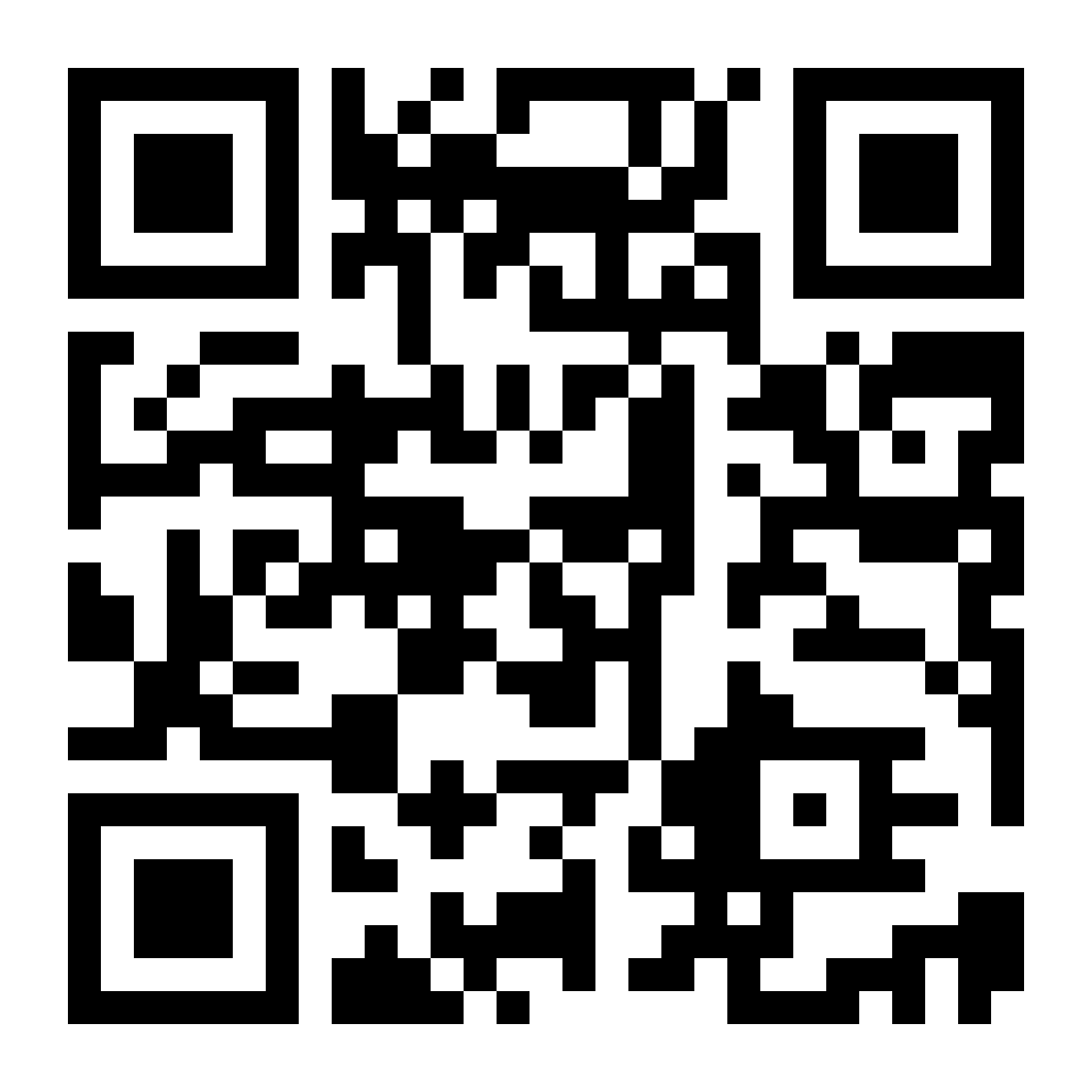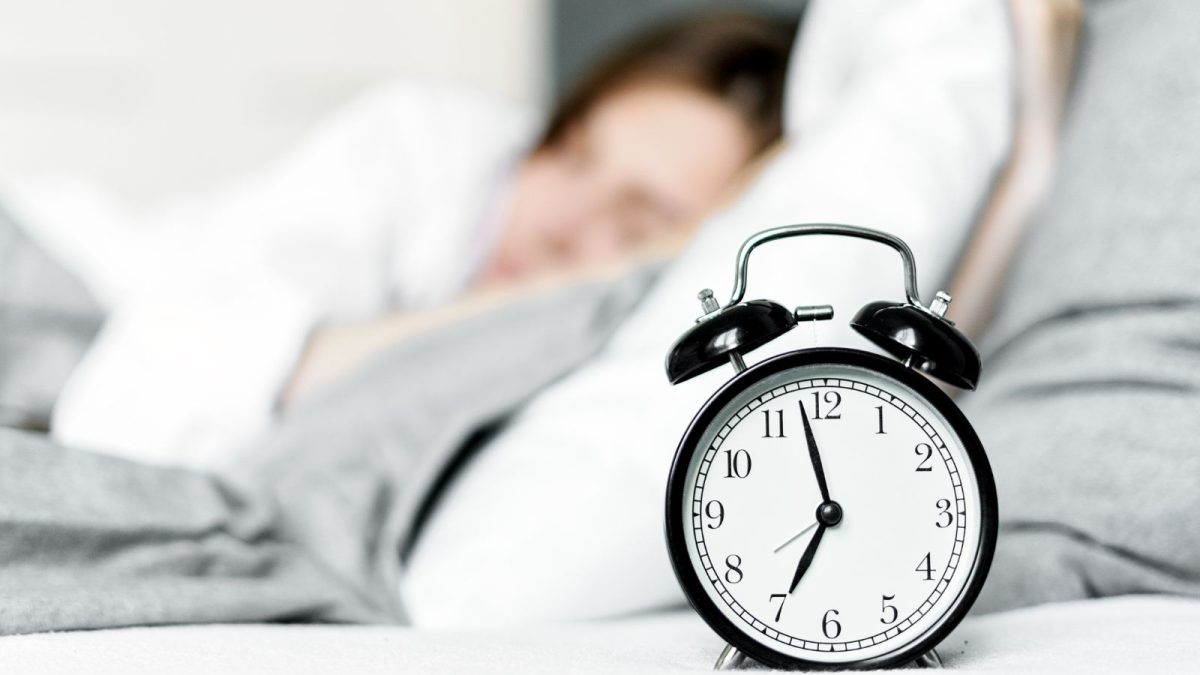Last Updated:
Sleep tech gadgets promise better rest by tracking and temperature control, but experts say their real value lies in habit awareness and comfort—not in replacing sleep solutions.

Most sleep apps are wellness tools that track schedules, play relaxing sounds, or provide gentle alarms. Their accuracy is limited, especially when detecting sleep stages (Image: Canva)
Sleep technology has quietly moved from science fairs and wellness expos into everyday bedrooms. From watches that track your sleep cycles to beds that adjust temperature on their own, the market promises better rest through innovation.
Yet behind the sleek designs and data dashboards lies a simple question – are these devices actually improving our sleep, or just giving us new ways to measure how tired we are?
What counts as sleep tech today
Sleep tech today covers three broad categories:
- Consumer trackers and nearables such as wristbands, rings, and sensors that estimate sleep through movement and heart-rate signals.
- Smart beds and mattress toppers that heat, cool, or auto-adjust firmness.
- Apps and digital therapeutics, from simple soundscapes to cognitive behavioural therapy for insomnia.
The promise is better insight, easier behaviour change, and a bedroom that supports your biology.
Are trackers accurate enough to matter?
They’re improving, but still not clinical-grade. Studies comparing consumer devices to overnight sleep tests show that while total sleep time estimates are fair, sleep stage detection remains unreliable. In short: the graphs are directionally helpful but not diagnostic.
The American Academy of Sleep Medicine says consumer tech can provide wellness insights but shouldn’t replace medical evaluation. Use trackers to spot trends like irregular bedtimes or short sleep duration—but consult a doctor if you suspect real disorders such as insomnia or sleep apnea.
Smart beds and thermal hacks: helpful or hype?
Your body naturally cools before sleep. Smart beds that regulate surface temperature or promote skin warmth align with this process. Research suggests that such control can shorten sleep onset and improve comfort, though measurable gains in deep or REM sleep are smaller.
If you’re a hot sleeper or share a bed with different temperature preferences, a cooling topper or temperature-adjusting sheet can help. Think comfort first, optimization later.
Apps: soothing sounds versus real therapy
Most sleep apps are wellness tools that track schedules, play relaxing sounds, or provide gentle alarms. Their accuracy is limited, especially when detecting sleep stages.
However, digital cognitive behavioural therapy for insomnia (CBT-I) has strong scientific backing. Studies show it significantly improves insomnia severity, sleep efficiency, and daytime function, often reducing the need for sleeping pills. If you face chronic insomnia, CBT-I programs deliver results far beyond sleep meditations.
The risks nobody markets to you
- Orthosomnia – Becoming obsessed with “perfect” sleep scores can worsen anxiety and sleep quality.
- False reassurance or needless alarm – Trackers can underreport serious sleep problems or exaggerate normal patterns.
- Data privacy – Devices collect sensitive bio signals and audio data. Always review privacy policies before syncing.
Where sleep tech genuinely helps
Behavior change for short sleepers: Trackers highlight sleep debt and motivate schedule consistency.
Thermal comfort: Temperature control helps reduce awakenings for those who overheat at night.
Chronic insomnia treatment: Digital CBT-I stands out as the most evidence-backed solution.
Screening prompts: Sleep apnea screening features in some devices can encourage clinical follow-up.
Where claims run ahead of evidence
Sleep stage tracking is too variable for medical accuracy. “Optimal temperature” claims ignore individual differences. Apps using only phone microphones or accelerometers are not reliable diagnostic tools.
How to use sleep tech wisely
- Start with your problem, not the product. Match the tool to the issue—don’t buy a tracker when the problem is stress.
- Measure what you can act on. Focus on metrics you can change: bedtime, total sleep time, and number of awakenings.
- Experiment for two weeks. Adjust one habit at a time, like bedtime or room temperature, and judge results by how refreshed you feel.
- Keep the basics strong. Maintain a consistent schedule, limit caffeine, darken your room, and avoid screens before bed.
- Know when to escalate. Persistent insomnia, snoring, gasping, or severe sleepiness needs medical attention.
Sleep tech can guide better habits and comfort but cannot yet replace clinical evaluation. Trackers help reveal patterns, smart beds improve comfort, and digital CBT-I remains the only proven therapy for chronic insomnia.
Use technology to serve your sleep, not control it. The goal isn’t a perfect sleep score—it’s waking up rested enough to live well.
October 23, 2025, 09:21 IST
Stay Ahead, Read Faster
Scan the QR code to download the News18 app and enjoy a seamless news experience anytime, anywhere.








